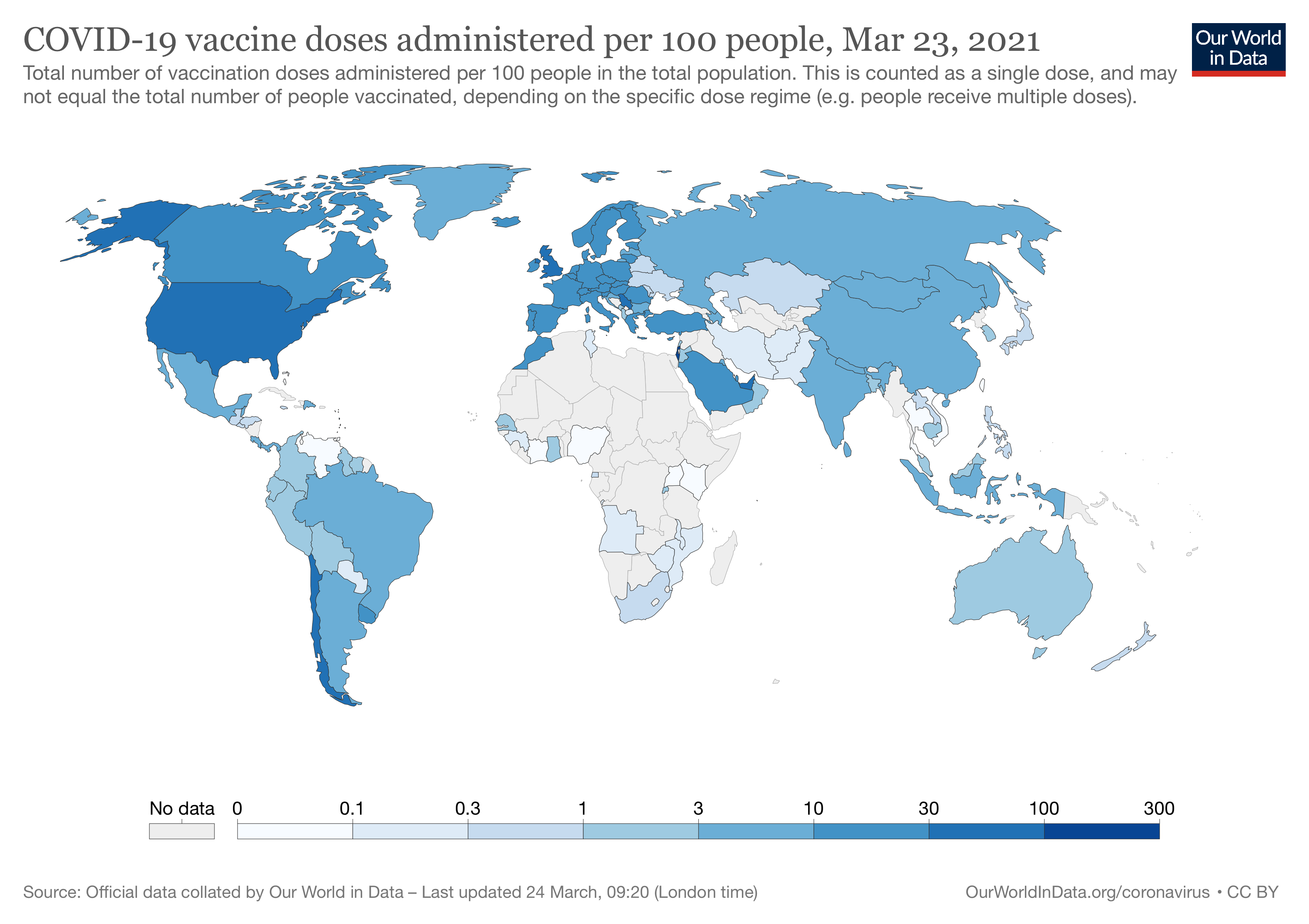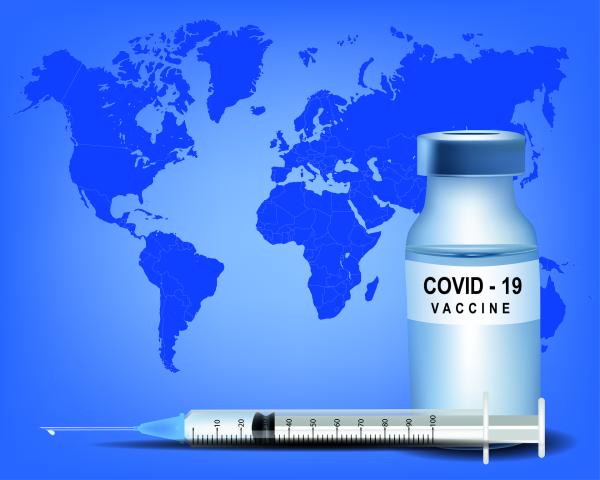AstraZeneca’s (AZ) COVID-19 vaccine was once again a topic of conversation around our writer’s table and perhaps in more than a few executive suites. Not 24 hours after AZ presented their initial data regarding their vaccine efficacy in US trials and a new problem arose. The trials data safety and management board (DSMB) notified the National Institute of Allergy and Infectious Diseases that the data being released might have included outdated data.
“The DSMB expressed concern that AstraZeneca may have included outdated information from that trial, which may have provided an incomplete view of the efficacy data.”
AstraZeneca, for their part, promised all the information would be made available in the next 48 hours. Data in clinical trials is view episodically, not continuously. In the AZ trial, an interim report was planned after the 75th participant developed COVID-19, and the more official primary report, the one going to the FDA, was scheduled after the 150thcase. In writing the interim report, the 150th case was exceeded, resulting in some data “mishandling.”
The interim analysis was the source of reporting and indicated 79% efficacy against symptomatic COVID-19 infections and 100% against hospitalization and mortality. According to Stat, the DSMB believe that with correction, the effectiveness will fall to 69-74%, not 79% as advertised.
This is not AZ’s first “unforced error,” in the words of Dr. Fauci. If you remember, back in November, AZ’s data being released to the European Union uncovered two different dosing schedules – the lower dosing was more effective, and was a mistake in the clinical protocol.
AZ’s other problem, not of their making, were reports of unusual episodes of clotting in patients after vaccination. The European Medicines Agency, the equivalent to our FDA, found no link between vaccination and these few episodes. Again, as a reminder, COVID-19 has been associated with an inflammation of the lining of the arteries and veins that have caused a number of clotting manifestations in symptomatic patients.
Why would the FDA approve the AstraZeneca vaccine?
Short answer, once they get the official data and this latest mistake is rectified, the FDA will base their decision on the science – does it work and are the adverse effects low. Does the reward outweigh the risks? I trust the FDA to do the right thing.
There is another element to their decision. We already see pushback against “inferior” vaccines here in the US. Even though the J&J vaccine is not inferior, the perception of “inferior” may be a lot stronger driver than the science that says it is comparable. We live in a global world, and COVID-19 is a worldwide pandemic. The approval of this vaccine, if warranted, by the US is an essential marker of trust for the global community. The Chinese vaccines are being pushed to meet the need of low and middle-income countries and as a diplomatic tool. As is often the case, information transparency on the Chinese vaccine’s efficacy and production quality is lacking. The FDA's approval will help assuage the jitters of those not in line for the expensive, hard-to-move vaccines in the US.
Here is the map, taken from Our World In Data, showing dosages per 100 people.

The bulk of the world and its population have received 3 to 10 doses per hundred. We have a long way to go to read global herd immunity and open up the world just as we wish to open up the US. Every vaccine will help. Here’s hoping that AstraZeneca’s missteps have not taken an important tool out of the toolbox




